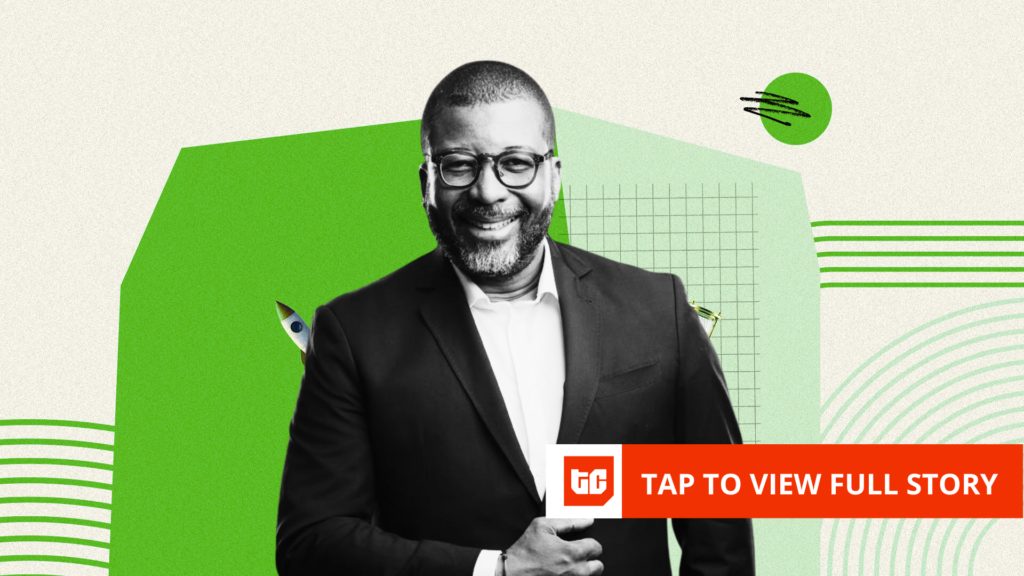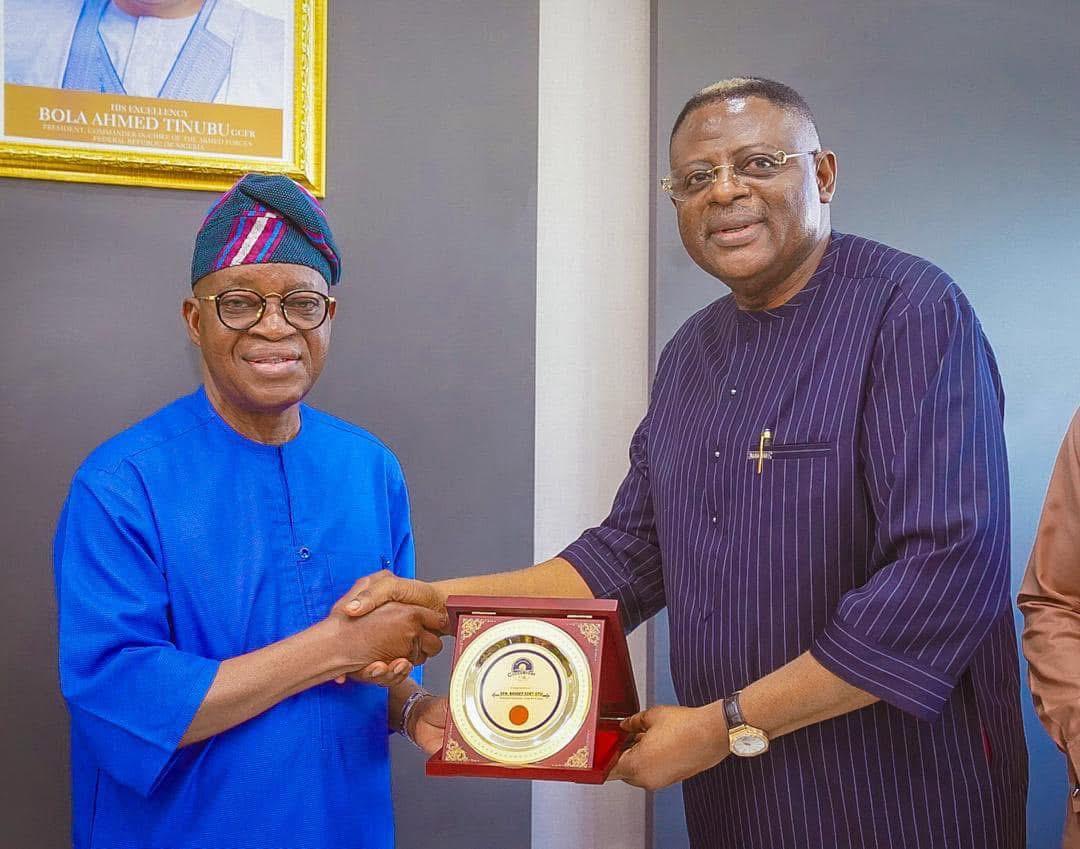Why Trump invited only five west African countries to his summit
From July 9 to 11, 2025, U.S. President Donald Trump is hosting a high-level Africa summit in Washington, with just five invited countries: Gabon, Guinea-Bissau, Liberia, Mauritania, and Senegal.
The decision to limit participation reflects a strategic realignment in U.S. foreign policy toward Africa, emphasizing commercial diplomacy and targeted partnerships.
According to U.S. officials, the summit is part of a broader pivot away from traditional aid programs toward trade, investment, and infrastructure cooperation
Trump’s advisers described the event as a platform for “deals, jobs, and building things that last,” with a focus on energy, critical minerals, and private sector engagement.
The five invited nations were chosen for their economic openness, political stability, and alignment with US commercial interests. These countries are seen as reliable partners for advancing American business and security goals in West and Central Africa
Mauritania and Senegal are key players in the Sahel security corridor, where the U.S. has long-standing counterterrorism interests. Their inclusion reflects Washington’s desire to strengthen military and intelligence cooperation in a region facing growing instability
Notably, all five countries maintain strong diplomatic and economic ties with Morocco, a close U.S. ally in North Africa. This alignment may have influenced their selection, as the US seeks to reinforce regional blocs that support its broader strategic interests, including stability in the Sahel and support for the Sahara autonomy under Moroccan sovereignty.
Trump’s selective Africa summit reflects a targeted, transactional approach to diplomacy. By focusing on five cooperative, strategically aligned nations, many of which are also close allies of Morocco, the US is signaling a new model of engagement built on economic opportunity, regional alignment, and geopolitical leverage.







_1751880097.jpeg)


